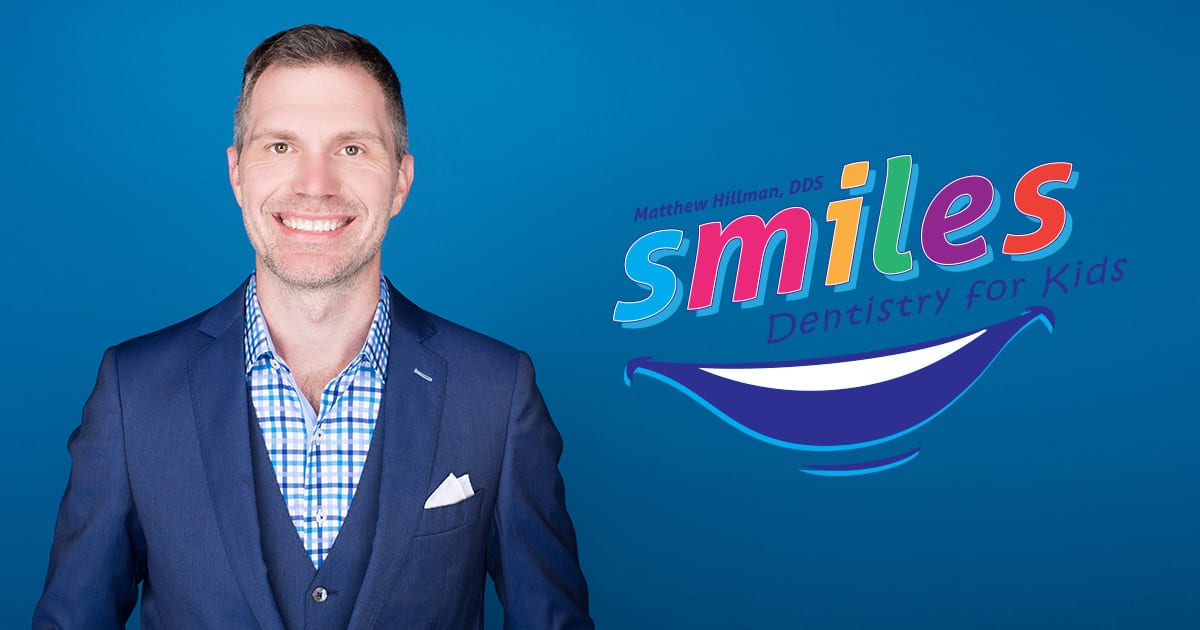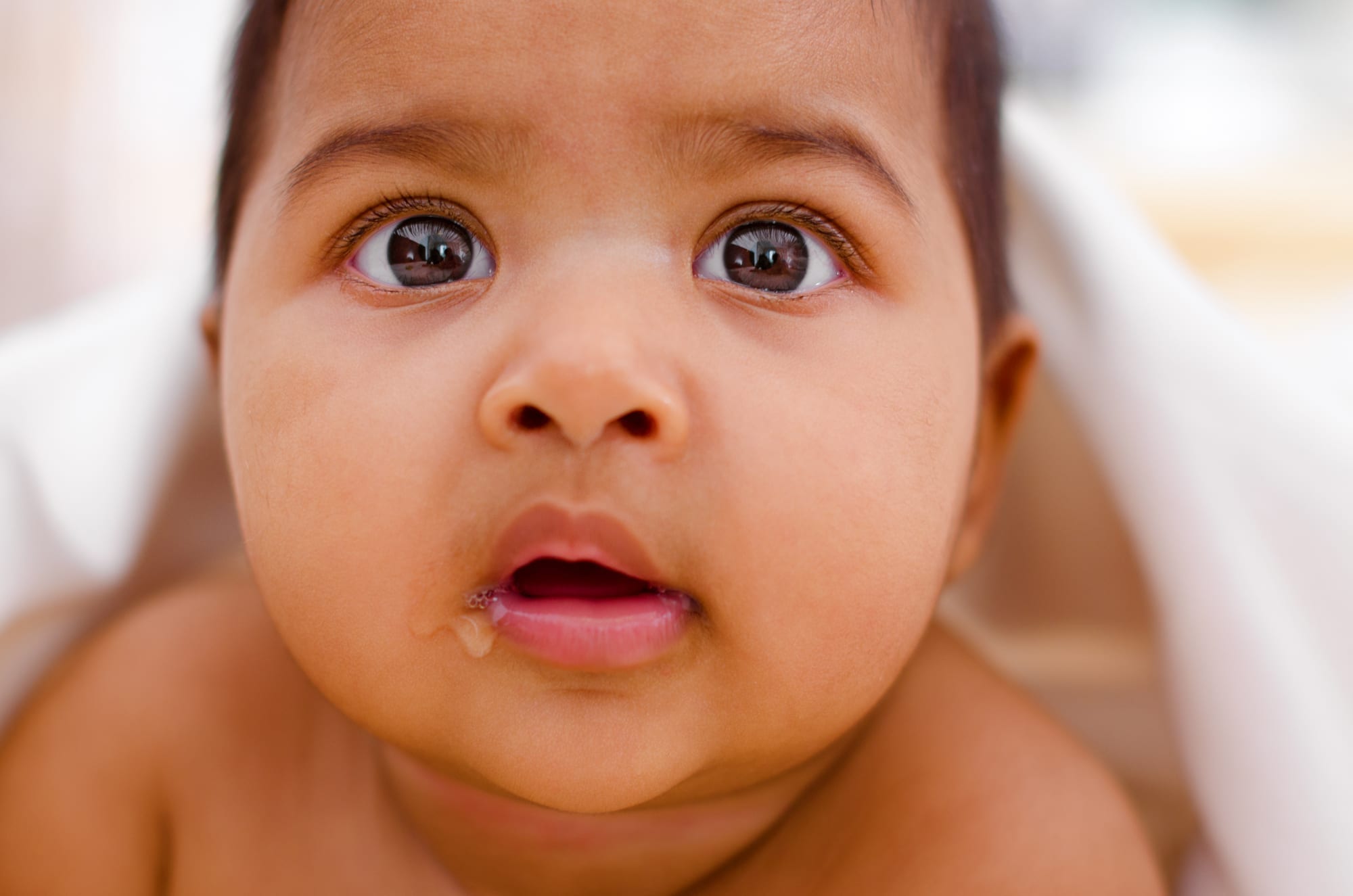Teeth grinding, also called bruxism, is a condition where a person rubs the bottom and top teeth together with immense pressure. For children and adults, this condition can lead to serious oral and systemic health issues. It can also be caused by oral and systemic health issues.
Sleep-related bruxism may be difficult to detect if you aren’t sleeping in the same room as your little one. However, sometimes the sounds of teeth grinding can be heard throughout the house (yikes!).
Experts say that nearly 3 out of 10 children will grind their teeth or clench their jaw at night. Some children do it occasionally while others do it consistently.
Continue reading to learn more about the causes and effects of teeth grinding in children.
Causes of Bruxism in Children
While the exact cause of teeth grinding can be difficult to determine, it can usually be linked to one of five causes:
- Stress or anxiety: This is the same for adults. Bruxism is a common stress response from the body at night and during the day. Pay attention to your little one throughout the day to see if he is clenching his jaw.
- Malocclusion: Children with an overbite, underbite, or other bite issues are more susceptible to teeth grinding.
- Response to pain: Teeth grinding may provide relief to children who are suffering from teething or an earache.
- Hyperactivity: Children with ADHD are more likely to suffer from teeth grinding than those who do not.
- Other medical conditions: Cerebral palsy, GERD, epilepsy, sleep apnea, and night terrors can also contribute to bruxism.
The Effects of Teeth Grinding in Children
Teeth grinding can go completely undetected or present mild, moderate, or severe consequences.
Headaches, earaches, and dental sensitivity are a few of the milder impacts of bruxism. Of course, we never want our children to suffer, so even these are cause for treatment.
More severe effects of bruxism include:
- Broken or worn-down teeth
- Sore gums
- Limited jaw movement
- Severe facial and jaw pain
- Daytime sleepiness
- Development and behavior problems
According to the American Academy of Sleep Medicine, bruxism (teeth grinding) increases a child’s risk of having problems in school and being more withdrawn from their family and friends. While there is no proof that these are directly related, the two could be connected to another sleep disorder, like sleep apnea.
Treatment for Childhood Bruxism
The first step to treating bruxism is to find the underlying cause. It could be one of the causes mentioned above or something as simple as drinking too much caffeine. Based on the pediatric dentist’s findings, he will recommend the most effective treatment.
Some of the most common treatments for teeth grinding in children include:
- Making lifestyle changes such as creating a consistent bedtime routine, reducing their sugar and caffeine intake, and ensuring the child is getting enough exercise throughout the day.
- A customized nightguard that reduces pressure on the teeth, protects them from damage, and mitigates other symptoms of teeth grinding.
- Finding the root of the child’s stress and eliminating the stressor or finding helpful ways for him or her to cope.
Overland Park Pediatric Dentist Treats Teeth Grinding
Want to ensure your little one is as healthy and happy as can be? We know you do! Don’t let teeth grinding diminish your child’s oral, overall, and mental health. Dr. Matt at Smiles Dentistry for Kids can help determine the cause of your little one’s bruxism and recommend the appropriate treatment.
To schedule an initial consultation with Dr. Matt, contact our friendly dental team today at (913) 685-9990.









